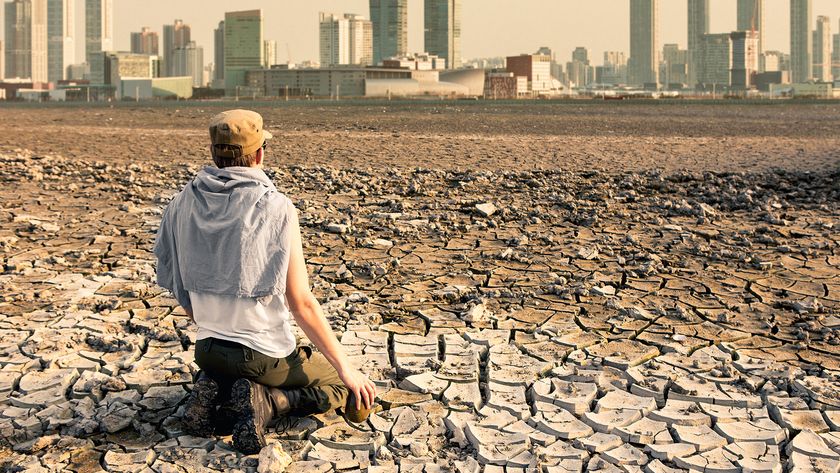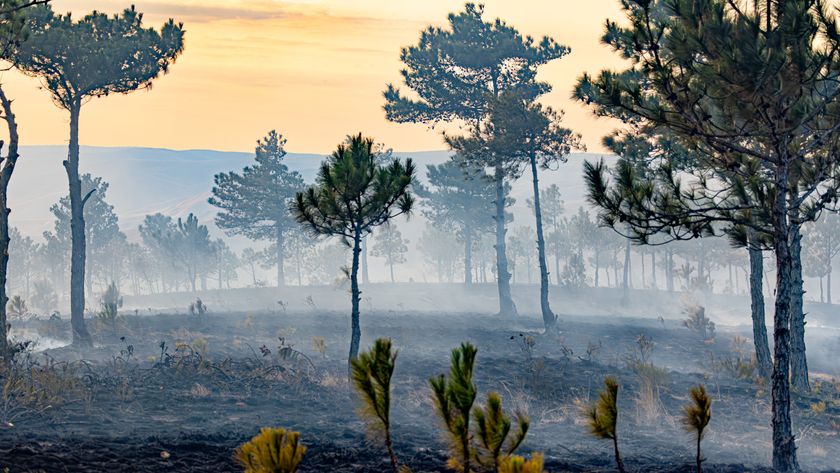Global Warming's Big Image Problem

The terms associated with global warming and climate change (here's a list) turn a lot of people off, as you (regardless of your stance on the issue) probably already knew.
Frankly put, global warming prompts some people think of gay rights and long-haired liberals, neither of which some of those people are fond of.
Despite broad agreement among scientists (the majority of whom have short hair, in my observations at many science gatherings over the years) and even many in the fossil fuels industry that the planet is warming and that it poses real threats to the land in coastal areas, the global economy and human health, a recent Pew Research Center survey put it 20th on the list of concerns for Americans (the economy, jobs and terrorism top the list).
The reason, as presented today in The New York Times: "When someone thinks of global warming, they think of a politicized, polarized argument," says Robert M. Perkowitz, founder and president of EcoAmerica. "When you say 'global warming,' a certain group of Americans think that's a code word for progressive liberals, gay marriage and other such issues."
EcoAmerica conducted polls and focus groups to arrive at this. The findings weren't supposed to leak out yet, but somebody emailed them by accident to journalists.
Perkowitz says if the science community and others want Americans to take the threat of climate change seriously, they need to change the terms they use, according to the Times report. Among his suggestions: Talk about "saving money for a more prosperous future" instead of speaking about "energy efficiency."
Hogwash? Well, words certainly do matter, and watering them down can certainly ease fears. As we learned this week: Swine flu is just H1N1.
Sign up for the Live Science daily newsletter now
Get the world’s most fascinating discoveries delivered straight to your inbox.
Robert Roy Britt is the Editorial Director of Imaginova. In this column, The Water Cooler, he looks at what people are talking about in the world of science and beyond.
Robert is an independent health and science journalist and writer based in Phoenix, Arizona. He is a former editor-in-chief of Live Science with over 20 years of experience as a reporter and editor. He has worked on websites such as Space.com and Tom's Guide, and is a contributor on Medium, covering how we age and how to optimize the mind and body through time. He has a journalism degree from Humboldt State University in California.












